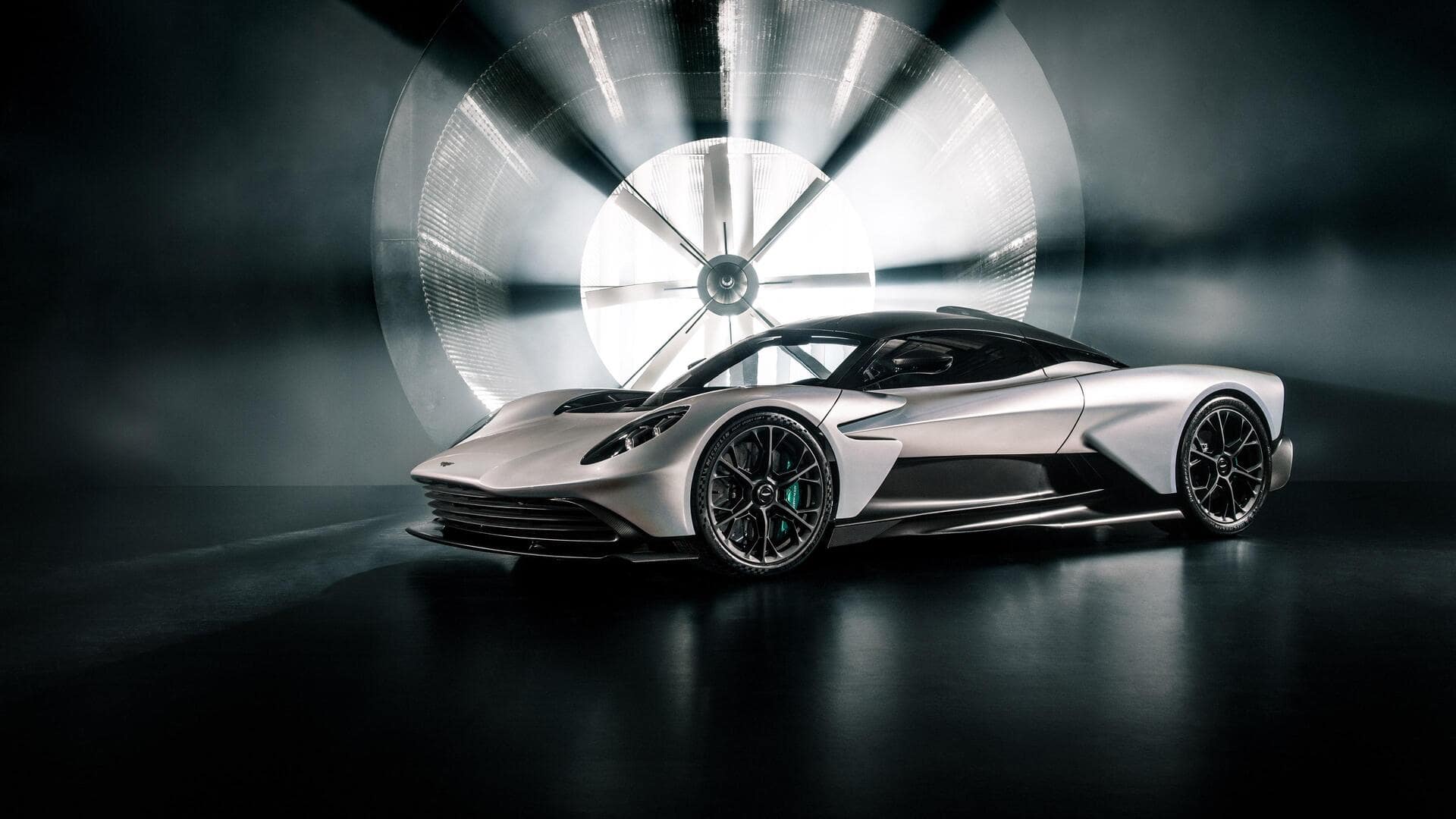
Aston Martin delays its first EV to 2026: Here's why
What's the story
Aston Martin, the iconic British carmaker, has pushed back the debut of its inaugural electric vehicle (EV) from 2025 to 2026, citing weaker consumer interest than expected. Chairman Lawrence Stroll disclosed that the automaker has developed four EVs but refrained from sharing additional information. Stroll believes that consumer demand is not at the pace that analysts and lawmakers had thought of earlier.
Plug-in hybrids
Plug-in hybrids as 'bridging' technology
As Aston Martin shifts from internal combustion engines to an all-electric lineup, it will employ plug-in hybrid powertrains as a "bridging" technology. The British carmaker's first plug-in hybrid electric vehicle (PHEV), the Valhalla, is slated for release in late 2024, featuring a Mercedes-AMG-supplied electrified V8 powertrain. Stroll noted, "That's why the hybrid (technology) is going to have a very long life, particularly for a company like us: it's about delivering thrills and excitement to the driving experience."
Powertrain and batteries
Powertrains and batteries will come from Lucid
Aston Martin's fully electric cars will be powered by powertrains and batteries supplied by American EV company Lucid, following a £182 million agreement inked last year. The EVs will boast four motors with a combined output of up to 1,500hp The motors will be fueled by Lucid cells and modules organized into a battery pack designed by Aston Martin. The framework is being crafted to endure well into the next decade and accommodate various vehicle styles.